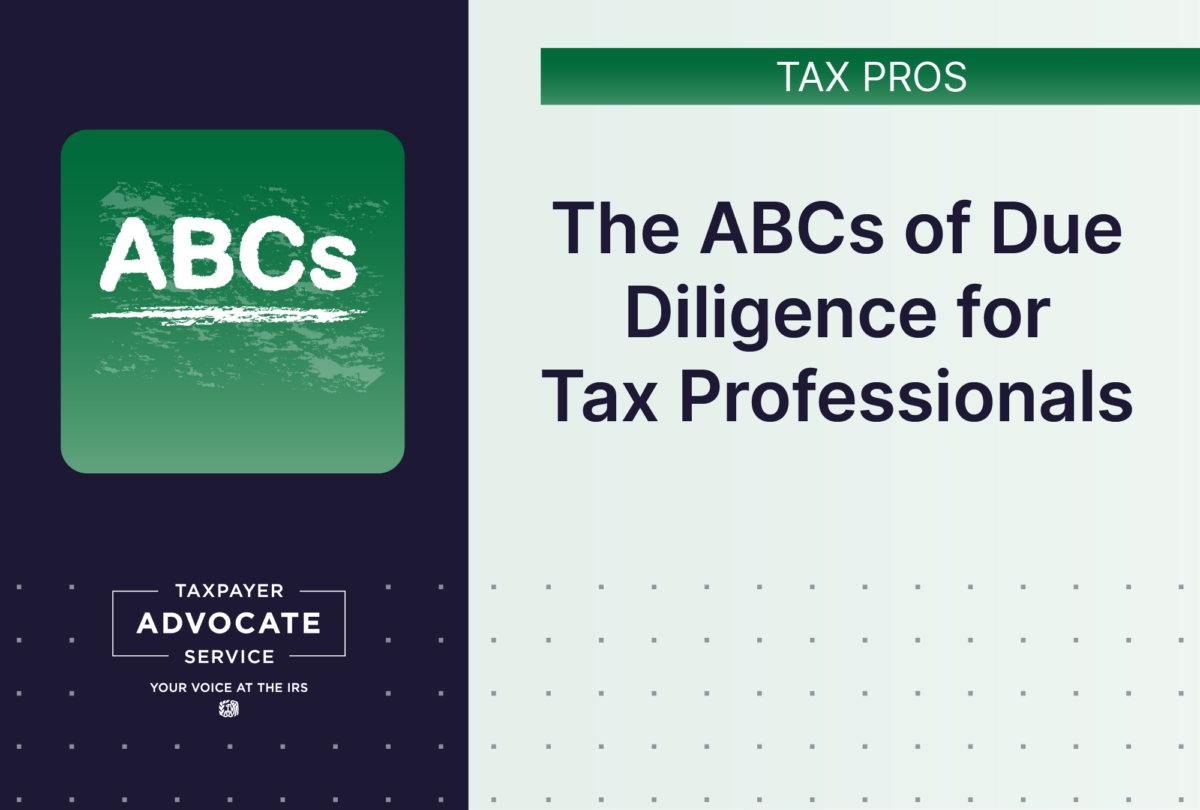

Tax professionals who are paid for their tax preparation services are required to practice due diligence when preparing federal tax returns, especially when the returns claim tax credits.
If a paid preparer has a reason to doubt any information provided by a client that impacts client eligibility for the Earned Income Tax Credit, Child Tax Credit (including the Additional Child Tax Credit and Credit for Other Dependents), American Opportunity Tax Credit, or Head of Household filing status the preparer must:
Due diligence also involves completing Form 8867, Paid Preparers Due Diligence Checklist, and keeping records for three years. When meeting with a client, ask questions, listen, and clarify unclear information. Document responses, ask follow-up questions, and request necessary documentation. Complete Form 8867 accurately and on time.
The consequences could be severe for paid tax return preparers who do not meet due diligence requirements. These consequences include penalties for each failure imposed on the preparer as well as potential penalties imposed on the preparers employer. The IRS may also audit their clients, leading to credit or filing status disallowance, penalties, and interest. Practicing due diligence ensures return accuracy and a positive client experience and prevents time-consuming and expensive follow-up.
TAS tools for Tax Practitioners
Want to get the latest tax news, learn more about taxpayer rights, and upcoming TAS events while looking at cute dogs and pop culture references? Look no further than TAS Social Media. Follow, like and share our content to help spread the work on how we advocate for taxpayers!
